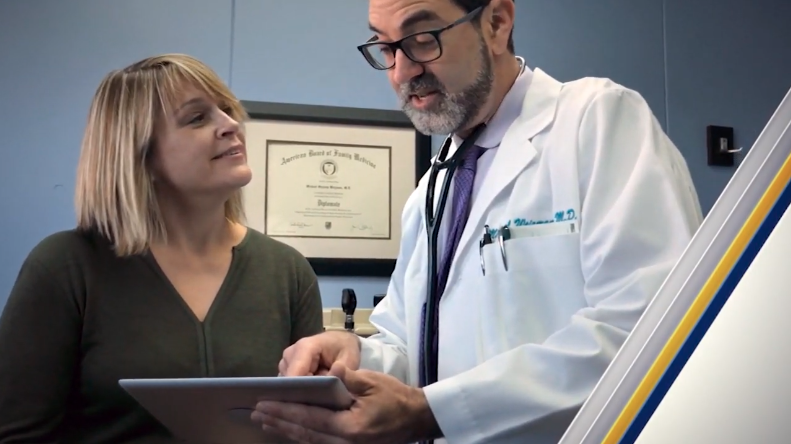

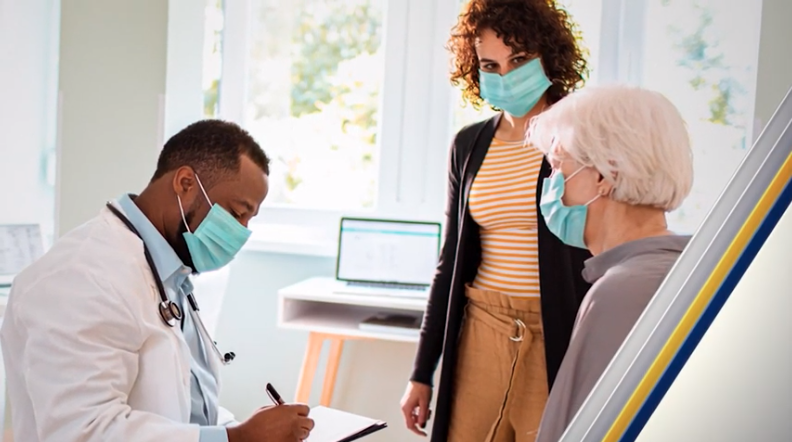

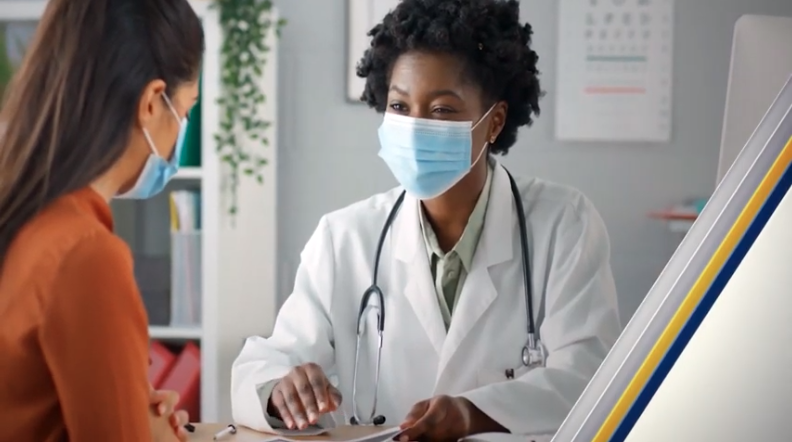

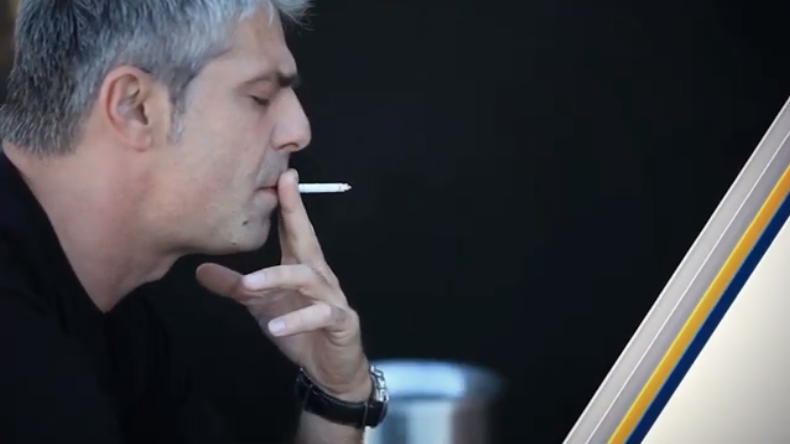

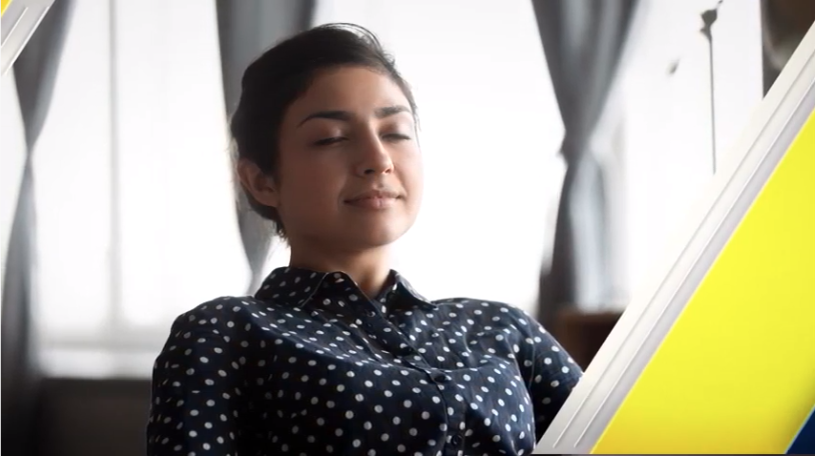

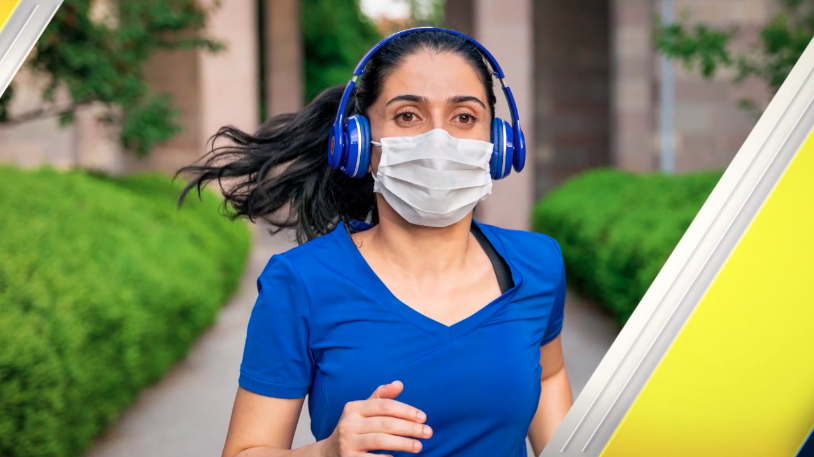

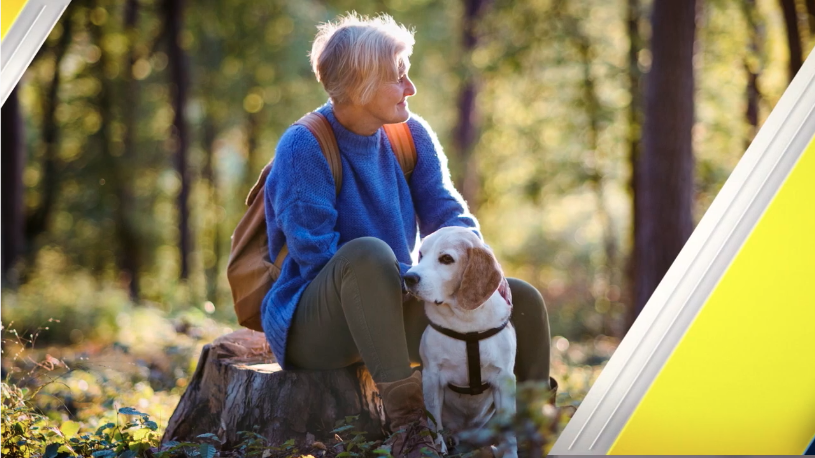

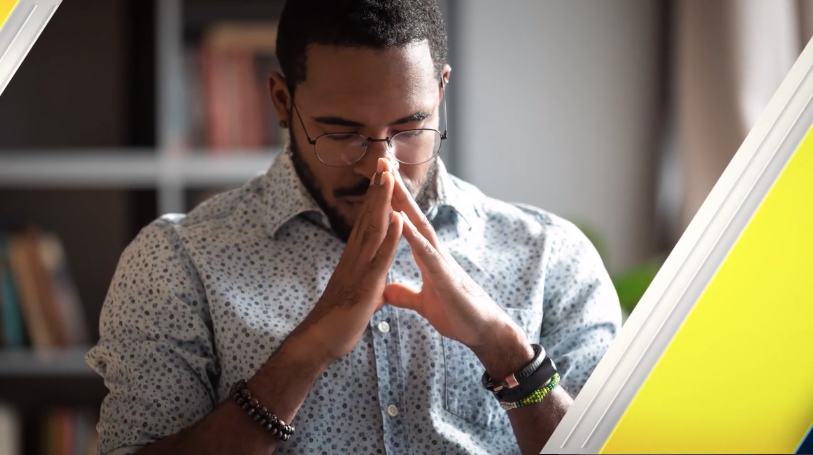

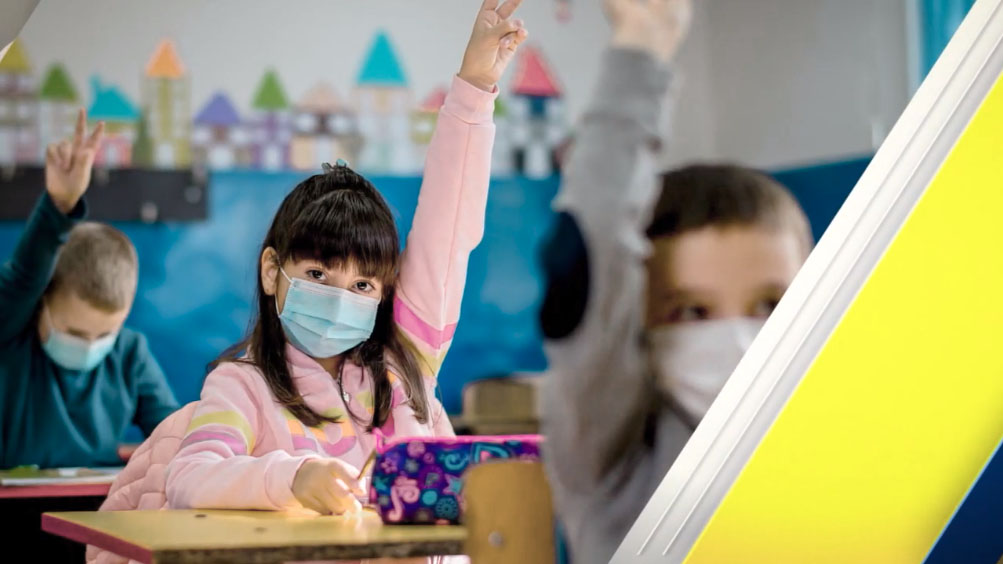

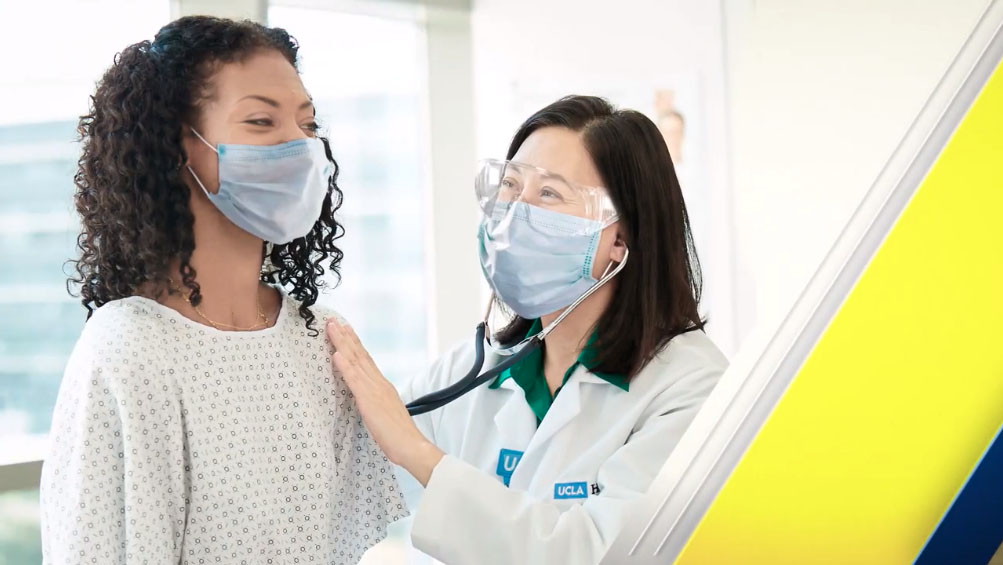

MENTAL HEALTH IS
A PROCESS,
NOT A DESTINATION.
It’s been a tough year for everyone. We’ve got the resources to help #TeamLA cope with pandemic losses.
Resources
National Suicide Prevention Lifeline 1-800-273-8255
https://suicidepreventionlifeline.org
The Lifeline provides 24/7, free and confidential support for people in distress, prevention and crisis resources for you or your loved ones, and best practices for professionals.
UCLA Health
https://www.uclahealth.org/resnick
The Stewart and Lynda Resnick Neuropsychiatric Hospital at UCLA is among the leading centers in the world for comprehensive patient care, research and education in the fields of mental health, developmental disabilities and neurology. The Resnick Neuropsychiatric Hospital's vision is to serve the health care needs of the community, its patients and their families through excellence in research, education and the delivery of neuropsychiatric and behavioral health services.
California Hope
https://www.calhope.org
CalHOPE delivers crisis support for communities impacted by a national disaster. CalHOPE builds community resiliency and helps people recover from disasters through free outreach, crisis counseling, and support services.
Department of Mental Health Services for all CA Counties
https://www.dhcs.ca.gov/individuals/Pages/MHPContactList.aspx
The Mental Health Plan (MHP) in each county is responsible for providing or arranging for the provision of Specialty Mental Health Services (SMHS) to Medi-Cal beneficiaries in their county. SMHS means the impact of the beneficiary's condition is severe enough for him/her to require the services of a specialist as opposed to a generalist in the field of mental health.
Psychology Today - Find a Therapist
https://www.psychologytoday.com/us
WeRise LA
https://whywerise.la/werisela
The WHY WE RISE campaign is an ongoing project of the Los Angeles County Department of Mental Health, serving the 10 million people of L.A. County with education and prevention programs and providing mental health-related services to over 250,000 people each year, offering connection, hope, recovery and wellbeing. The WE RISE events are calls to action, asking you to join a movement to break through barriers and defy old assumptions about mental health and the many related social conditions that compound problems and hurt our communities.
The Trevor Project
https://www.thetrevorproject.org/resources/
Access information preventing suicide and Trevor's unique resources for LGBTQ youth.
National Alliance
https://www.nami.org/Home
NAMI is the National Alliance on Mental Illness, the nation's largest grassroots mental health organization dedicated to building better lives for the millions of Americans affected by mental illness. NAMI works to educate, advocate, listen and lead to improve the lives of people with mental illness and their loved ones.
Seize the Awkward
https://seizetheawkward.org
Having a conversation about mental health might be uncomfortable, but it can make all the difference. Check out these tools - from conversation guides to tips -that can help you help those in need.
The Jed Foundation
https://www.jedfoundation.org
Transitioning into adulthood can bring big changes and intense challenges. The Jed Foundation (JED) empowers teens and young adults with the skills and support to grow into healthy, thriving adults.
EVERYTHING YOU NEED
TO KNOW ABOUT COVID-19.
What COVID-19 vaccines are available?
There are three COVID-19 vaccines authorized for emergency use by the FDA.
- The Pfizer-BioNTech vaccine is given in two shots, 21 days apart, and is authorized for use in people 16 years of age and older.
- The Moderna vaccine is given in two shots, 28 days apart, and is authorized for use in people 18 and older.
- The Johnson & Johnson/Janssen vaccine is given as a single shot, and is authorized for use in people 18 and older.
There are also several other vaccines in various stages of clinical development.
What do I need to know about Johnson & Johnson’s single dose vaccine?
The Johnson & Johnson/Janssen single dose COVID-19 vaccine was authorized for emergency use by the FDA on Feb. 27. In clinical trials, it was found to be 100% effective at preventing hospitalization and deaths related to COVID-19 and 72% effective at preventing moderate to severe COVID-19 illness in the United States, 28 days after vaccination.
On April 13, following guidance from the CDC and the FDA, all California vaccine sites paused administration of the Johnson & Johnson vaccine after six women (out of more than 6.8 million doses) reported developing a rare and severe blood clot within two weeks of receiving the vaccine.
On April 23, U.S. health officials lifted this pause after finding that the Johnson & Johnson COVID-19 vaccine’s known and potential benefits outweigh its known and potential risks. UCLA Health resumed administering the Johnson & Johnson vaccine on April 26.
If you receive the Johnson & Johnson vaccine and experience any signs of a blood clot, including severe headaches, abdominal pain, leg pain or shortness of breath, contact your doctor or seek medical care immediately.
Can I choose which vaccine I will receive?
No. UCLA Health will continue to receive vaccines produced by different manufacturers, and for now, patients will not be able to choose which vaccine they receive.
If you receive a vaccine that needs two doses, it is important that you receive the same vaccine for both doses. For example, if you receive the Pfizer vaccine for your first dose, you must get a Pfizer vaccine for your second dose. This is the same for the Moderna vaccine. The Johnson & Johnson vaccine is only one dose.

Sign up for our
newsletter.
Get the facts, health and wellness tips sent straight to your inbox.
consider donating today to help fight covid-19.
Help enhance patient experience.
Innovation is key to managing COVID-19.
